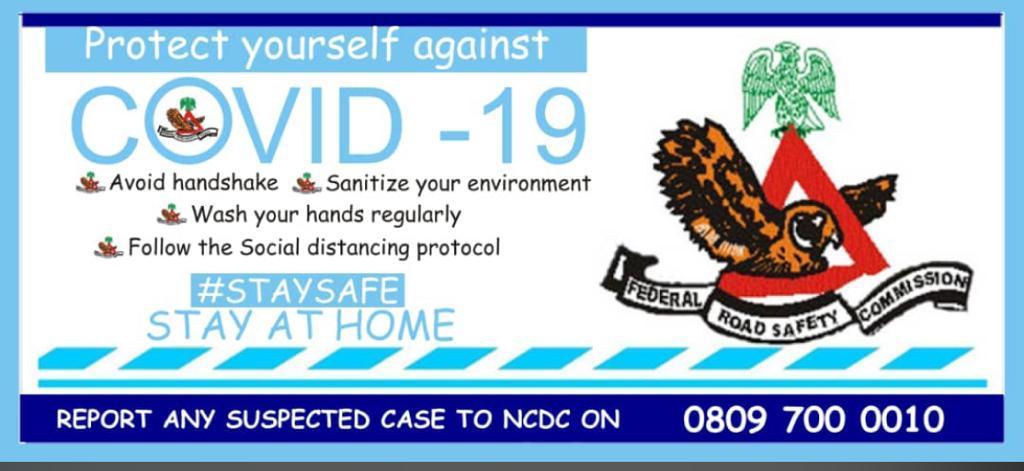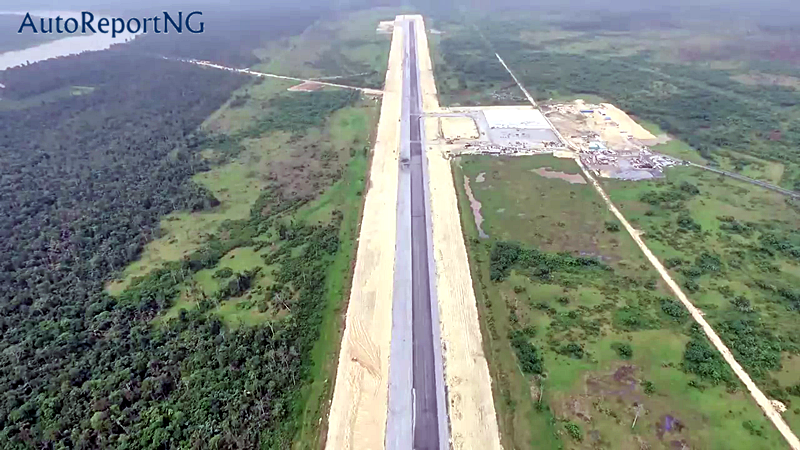Pursuant to the need to mitigate the spread of corona virus amongst passengers, the Federal Road Safety Corps (FRSC) has arrested a total of 144 offenders for overloading of vehicles in persons, ordered all categories of transporters to ensure full compliance with the provisions of Regulation 108 (1) of the National Road Traffic Regulation 2012 on compulsory passenger manifest; and directed all public transport operators to imbibe necessary precautionary measures in their parks and terminals as failure to adhere strictly to this order will attract the necessary sanctions.
In a statement issued by the Corps Public Education Officer, Bisi Kazeem, he said that the Corps Marshal, Dr Boboye Oyeyemi who gave the order stated that the Corps observed that despite the palpable spread of the virus, public transport operators continued to board passengers to full capacity without consideration to social distancing, passenger manifest and seat spacing of passengers. This unhealthy behaviour if not put to check on time, has the potentials to fuel the spread of the virus.
He emphatically noted that all passengers travelling; not only during the epidemic regime but at all times, have the statutory obligation to write down their full information in the passenger manifest before commencement of the trip. He noted that putting down details of passengers on a manifest is a mandatory and acceptable practice all over the world, that the document contains basic information including contacts of next of kin of all the passengers travelling in the vehicle for ease of identification and contact in the case of any eventuality.
The emphasis on the need for compulsory adherence to the NRTR 2012 provision is to make sure that details of all passengers conveyed in each vehicle are adequately collected so as to arrest further spread of the virus per chance any of the passengers is tested positive even after the trip. He warned passengers to comply by filling the passenger manifest before their journey commences as any transporter who violates this order will be made to face the wrath of the law when apprehended.
On overloading, the Corps Public Education Officer stated that the figures of the arrests was drawn from 16 states with the highest number of arrests recorded in the Federal Capital Territory where a total of 52 overloaded vehicles were impounded while Lagos State followed suite with a total of 17 arrests.
He gave the list of states where more than 5 arrests were made as Plateau 14, Delta 13, Benue 9, Adamawa 6, and Katsina with a total of 6 arrests. While Nasarawa and Ogun State recorded 5 arrests each, Niger and Kwara recorded 4 each, Osun 3, Rivers and Akwa Ibom had 2 each with Zamfara and Enugu recording the lowest arrest of 1 per state.
To this end, Kazeem said that the Corps Marshal, has ordered all pubic transporters to ensure full compliance with the following key precautionary measures amidst the dreaded COVID-19 pandemic. The directives read as follows:
All public transport operators to sanitise their parks/terminals regularly (at least before and after each trip) with emphasis on objects and areas that people frequently come in contact with such as rails, grab handles and seats;
Provide hand washing points with running water, hand wash equipments, detergent and alcohol based sanitiser;
Maintain reasonable social distancing on seating arrangements for waiting passengers in their parks and terminals;
Provide temperature readers and test all passengers before boarding and alcohol based sanitisers in their vehicles for the use of all occupants including drivers and conductors.









